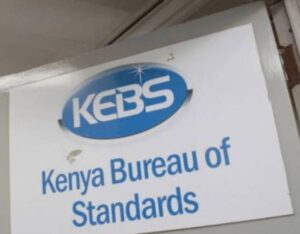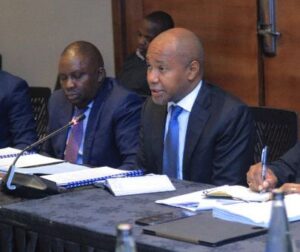
Kenya’s private sector recorded its sharpest rise in business activity in nearly four years in October, driven by improved sales, higher demand, and a recovery in customer spending, according to the latest Stanbic Bank Kenya Purchasing Managers’ Index (PMI).
The PMI rose significantly as companies reported a notable increase in new business inflows for the second consecutive month. Rising domestic demand and broader economic stability also encouraged firms to boost their purchasing activity and expand inventories.
“Business activity in October saw the strongest expansion since early 2022, underpinned by higher domestic demand and improving purchasing firms have benefitted from subdued input demand and stronger vendor competition, though cost pressures remain due to higher import duties and taxes,” read the Stanbic Bank report.
ALSO READ: Kenya’s Banks Contribute Billion in Taxes, 8% of National Revenue
The report noted that input cost inflation eased to a 13-month low, signaling some relief for businesses. Both purchase prices and overall cost burdens increased at a slower rate compared to September.
Firms attributed cost pressures mainly to rising import prices and higher taxes, including increments in VAT and fuel duties.
However, despite the cost burden, wholesale and retail sectors recorded the most visible growth, while several firms continued offering discounts to sustain sales as economic activity strengthened.
“Purchasing activity has now increased for nine straight months, reflecting businesses’ optimism about Kenya’s growth prospects going into next year,” the PMI report read further.
“Even though inflationary pressures persist, firms are adapting well, improving efficiency, and managing supply conditions more effectively.”
The survey showed that output expectations remained strong, with nearly 20 percent of firms forecasting higher business activity by October 2026, indicating sustained confidence in the private sector outlook.




